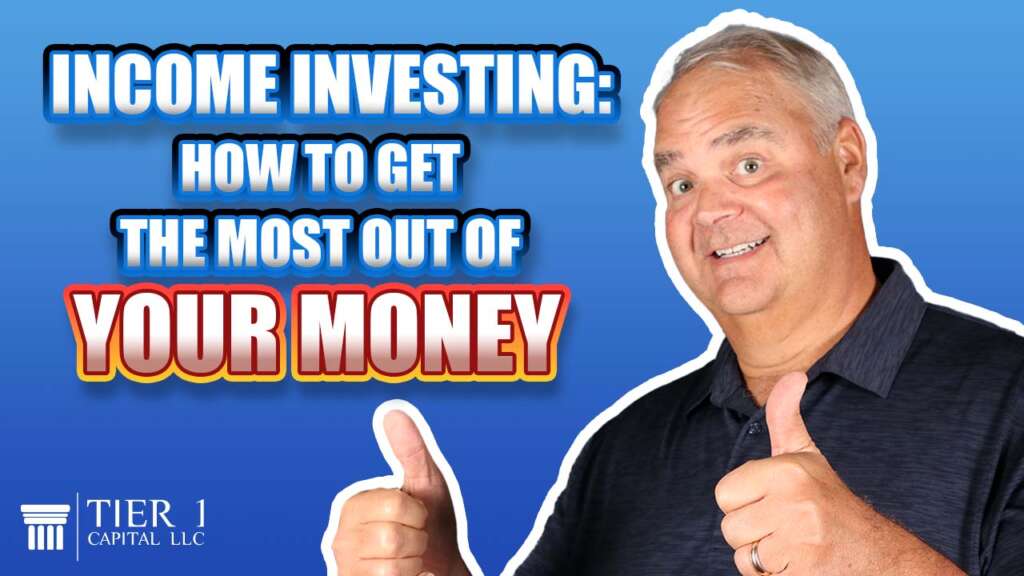
A lot of people come to us feeling frustrated and stuck. They’re earning a good income—whether it’s from a job or a business—yet they don’t feel financially free. Whether their income is $100,000 or $500,000, the feeling is the same. This frustration stems not from how much they make, but from how they’re using their money. And that’s exactly what we’re going to talk about today—how to get the most out of your income.
The biggest issue most people think they’re struggling with is that they’re not earning enough. But in reality, regardless of how much income they make or revenue they generate, it’s how they’re using their money that’s the real problem. Specifically, it’s how they’ve been conditioned to use their money in ways that are actually detrimental to them, their families, and their businesses. Instead, their current approach benefits financial institutions, large corporations, and the government.
Think about it—when you rack up credit card debt, it’s natural to want to get it under control. Credit card interest rates are sky-high. I recently received a letter from my Macy’s card stating that the APR was increasing to 35%. Fortunately, I don’t have a balance on that card, but imagine if you did. It makes perfect sense to want to pay that off as soon as possible. Or consider your mortgage—maybe you’re tired of that monthly bill and want to eliminate it, so you start funneling all your extra cash toward paying it off.
But here’s the counterintuitive part: the first step to regaining control of your finances is not to focus on eliminating those debts immediately, but to create a pool of money that you own and control. Secure your financial future first, before everyone else’s.
Stop Giving Away Control
The first step is to stop giving away control of your money. Once you’ve done that, you can redirect the money you were using to pay down debt toward building your pool of capital. When that pool gets large enough, you can borrow against it, pay interest back to it, and regain control of your financial future.
Yes, it’s admirable to want to get out of debt, but the strategies most people use to get out of debt are actually preventing them from getting ahead financially.
Build Your Pool of Cash First
Initially, you’ll need to cut back on expenses to start building that pool of cash. This can feel uncomfortable, especially when you’re already paying interest on your debts. But by taking this step now—by enduring that discomfort—you’re setting yourself up for a safer financial future. You’re creating opportunities and making decisions that prevent you from getting backed into a corner again.
It’s important to remember that this is a long-term process, not instant gratification. In today’s world, we all want immediate results. It might seem like a quick win to pay off a credit card balance, but then you no longer have access to that money. When an unexpected expense comes up, you’re forced to rely on credit again. It’s a vicious cycle—getting out of debt only to get back into debt. The question is, are you making any real progress?
The Power of Financial Independence
One of the most powerful aspects of building your pool of money is that it gives you options. You don’t have to self-finance every purchase just because you have the cash. If there’s a better financing option available, you can take advantage of it. The key is having the choice. Having the option to either self-finance or use someone else’s money is what financial independence is all about.
If you’re ready to take the first step toward financial freedom and want to learn more about how we put this process to work for our clients, schedule your free strategy session today or check our free webinar on out website.
Remember, it’s not how much money you make—it’s how much money you keep that really matters. Take control of your financial future today.









